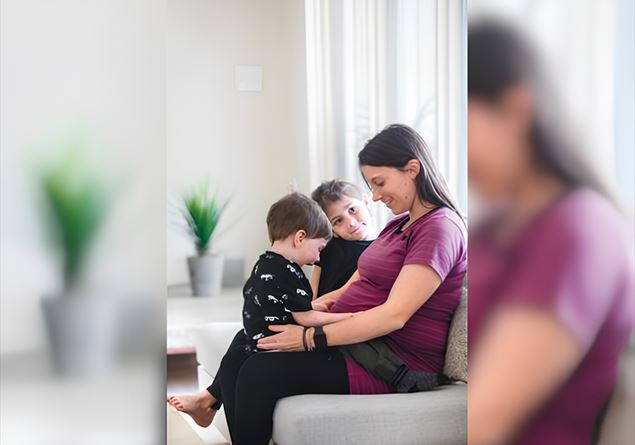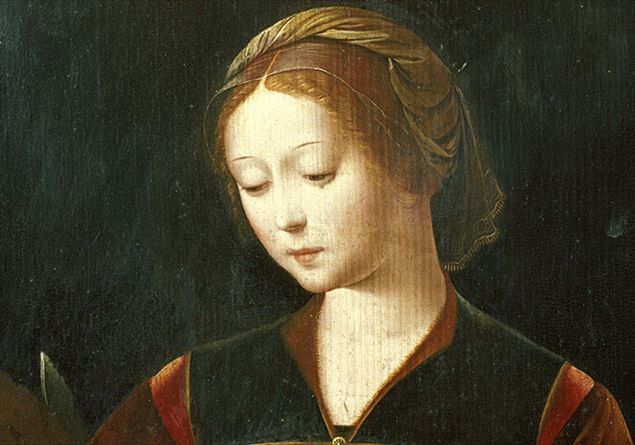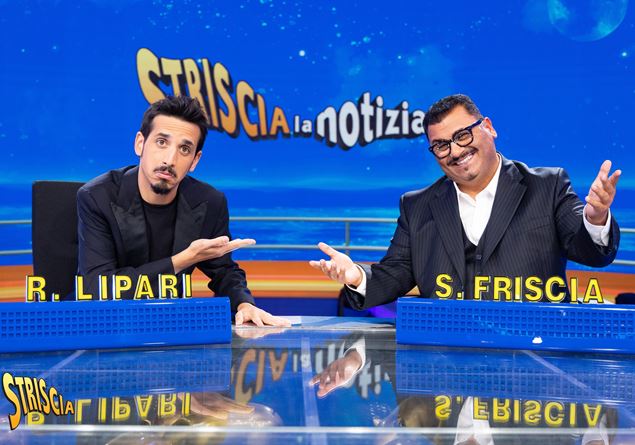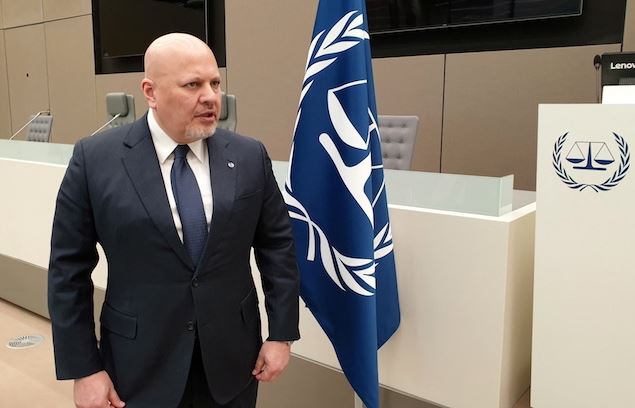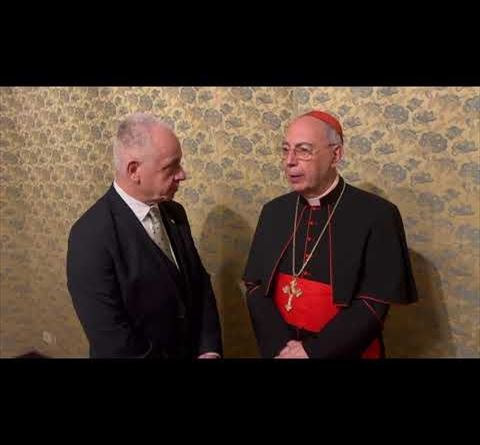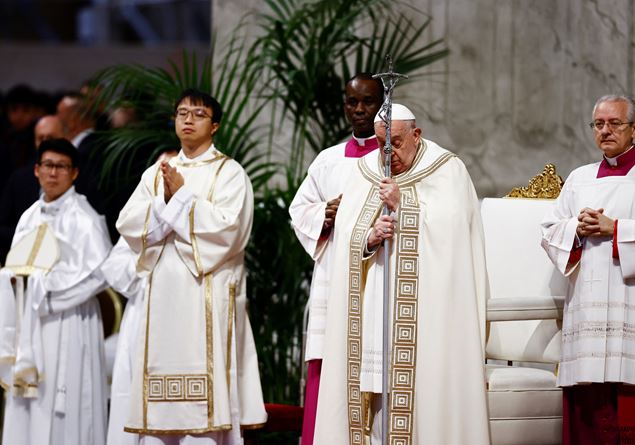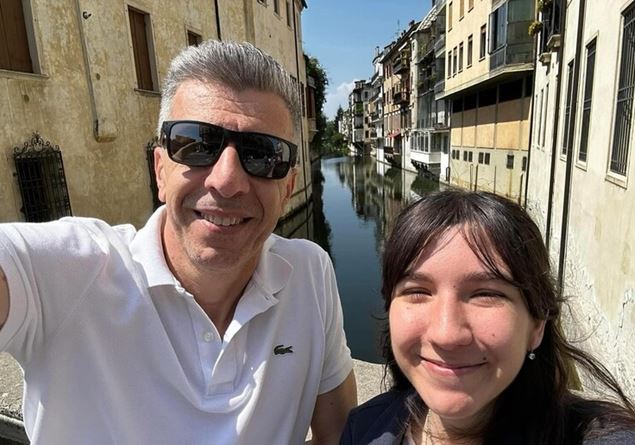
Measure the words, Gino Cecchettin. He thinks about them and weighs them, you can tell by how they come out, never excited, sometimes grainy. They serve to keep the immeasurable at bay: the pain of a father who has lost a daughter in a crime that escapes rational categories. The effort, superhuman, cannot be seen. You can breathe, in the gap between the words. Two tragedies in close proximity.
What have you learned about fatherhood?
«When my wife Monica passed away I understood that we fathers are insufficient: she, a great mother, touched special chords in conversations with her children, I had to learn. Giulia, more than anyone, made me understand the importance of constant dialogue. After almost a year, as soon as we found a smile in the family again, we were overwhelmed again: I thought it would be difficult to go through the loss of a wife, but what we experienced with Giulia was of an order of magnitude greater, it shook our souls.”
Are you afraid it might complicate your relationship with your other two children?
«I discuss every project with Elena and Davide. They encouraged me even at the cost of sacrificing a few hours between us. After reading the book, Elena wrote to me: “I’m proud of a dad like you”.
Where did he learn this heroically calm manner?
«Giulia’s story goes beyond human understanding: something like this cannot be governed with feelings, it requires rationality. I immediately understood that if I had focused on anger instead of on the positive things I could do, on the love for my daughter and on the good that she left us, I would have gone crazy.”
He said “change must start from men” saying us.
«I also grew up in Rambo And Commandomovies about “alpha males” that we supported because they used violence against the bad guys. But it’s fine as long as those who identify with it are balanced, if they’re not, maybe they actually use that violence.”
Is the word “forgiveness” abused?
«You can forgive a prank, a betrayal, something that allows you to move forward, with a murder it’s difficult. I’m human, I don’t know if I’ll ever get there.”
He said “I don’t know how to pray, but I know how to hope”. What relationship does it have with faith?
«I was married for 24 years to a believing and practicing person. It’s a question of a minimum of reason and respect: I love you and I have no preclusions regarding your faith, could it be a problem if you are guided by a principle that invites you to love your neighbor? The important thing is that there is reciprocity, that there is not a proposal for conversion because that must come from within. The Pope’s phone call came mediated by Cardinal Zuppi who was close to me right from the start. I asked him for advice when I was asked to write the book, he told me “Accept, it will help you bring out what’s inside you”. The call came to me from the Cardinal’s mobile phone. An emotion. It’s not every day you get called by the Holy Father.”
What would you like to say to other fathers?
«It hurts me not to remember anything precise about the last day spent with Giulia: I would like to tell them to pay attention to every single moment they spend with their children, to give them as much time as possible, not being teachers of life, but listening to them to understand what they feel.”
Where does your thought of closeness to Turetta’s father come from?
«From rationality which is the first to come into play, I then leave room for feelings. I met him especially during the hours when they were looking for the car and the kids: I saw parents in the grip of fear. They too lost a son. They are different losses, but this unites us: unfortunately we are protagonists of a sad story. I am no one to criticize the actions of other parents. The only thing I can do is understand them.”
They reproached her for rationality. What does that negative wave leave you with?
«There is an old saying: before judging me you should walk in my shoes a few steps. An interview lasts half an hour, no one knows what’s going on in my house. Balance is mistaken for indifference, there are those who have said that we wanted the murder to make money, I wonder how anyone could think of such a thing. If I let myself get hurt I would give them an importance they don’t deserve, I learned this from a colleague who, when harassed at work, reacted with a smile.”
In the book Dear Giulia he writes that the family is a superior union. What does it mean?
«I was saying this to my wife about love: if alone we are worth a hundred when there are three of us, together we don’t make 300, but we make 1000, because in the family all things multiply, especially the positive ones. It is a superior union in the sense that, united, we can overcome even things that are unattainable as individuals.”
Femicide is a continuing drama. What happens to your family every time it happens again?
«Every feminicide corresponds to a direct link to our history, which however is so fresh that we don’t need it to happen again to remember it, we are still living it. It happened again not far from Vigonovo, (Venice, ed), where we live: I think about what I can do for those parents. I’m still processing what happened to me and I’m convinced that the worst is yet to come. With my wife the worst day came months after her death. There is still much to do. Those who carry out feminicides are already in a state of being able to carry them out, they are not educated to the point that when faced with anger they calm down and stop: there are primed bombs around that can explode. As a society we should understand where they are and defuse them and, in the meantime, act on the new generations.”
In the book, Dear Giulia. What I learned from my daughterwritten with Marco Franzoso for Rizzoli, Gino Cecchettin talks about his daughter Giulia. A tender, delicate book of great humanity, in which you can feel the value of dialogue in a family that found itself in the news despite itself. And who faces a double great pain with enormous dignity, without losing sight of others. Cecchettin’s net proceeds from the book’s royalties will support the “Giulia Foundation” and help local associations dealing with gender violence.
